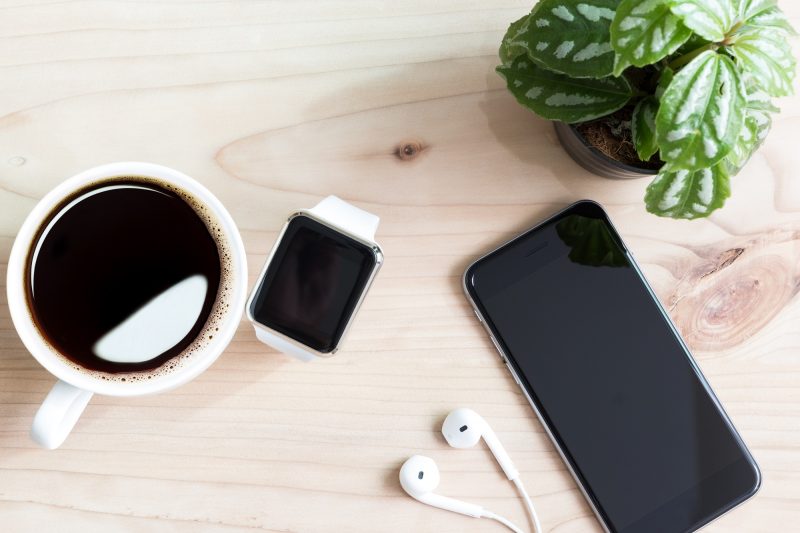An ambitious, multi-year study of cognitive health, including the identification of early warning signs for dementia, will launch in 2021 with the help of the Apple Watch and the iPhone.
Both devices, which are used by millions worldwide, will help collect health data from users. Researchers plan to use the resulting massive dataset to establish digital biomarkers of decline in cognitive performance. These early signs of mild cognitive impairment can serve as a warning sign of the onset of Alzheimer’s disease or other forms of dementia.
The study, led by neuroscience company Biogen, hopes to identify these signs in their earliest stages, when people may not yet notice subtle changes in their cognition.

The Impact of Mild Cognitive Impairment
About 15% to 20% of the population over the age of 65 experiences some form of mild cognitive impairment (MCI). Of those, 80% diagnosed with amnestic MCI (which indicates a significant impact to the memory) develop Alzheimer’s disease, according to the National Institute on Aging.
Signs of MCI can include losing things often, forgetting to go to events or appointments, and having trouble coming up with words more than other people of the same age.
But the onset of symptoms is often subtle. It can take months or even years before a person brings these issues to the attention of their physician or other healthcare provider. The study hopes to track the brain health of many people over time and better identify the earliest indicators of cognitive decline.
Michel Vounatsos, Biogen’s chief executive officer, said in a news release that the hope is that identifying digital biomarkers in brain health “would help address the significant need to accelerate patient diagnoses and empower physicians and individuals to take timely action.”
The study is open to people of all ages and at various levels of cognitive function.
Data For Cognitive Study Will Remain Private
Privacy is a primary concern in the research, which will require iPhone and Apple Watch users to report data into their devices. Study participants will complete a consent form letting researchers know the types of data they will allow them to collect, as well as how they use and share it.
All data will be encrypted and kept in systems with strong security controls. People can opt out of the research anytime they want. The study is set to begin later in 2021.
In the press release, Apple Chief Operating Officer Jeff Williams said the study has the potential to “help the medical community better understand a person’s cognitive performance by simply having them engage with their Apple Watch and iPhone. We’re looking forward to learning about the impact our technology can have in delivering better health outcomes through improved detection of declining cognitive health.”
Innovation technology plays a bigger role each year in supporting better health and cognitive function. It’s also becoming central to gathering large datasets that can get used in research into cognitive issues and wellbeing.
For example, the Google Health Studies app allows users to look at ongoing studies and choose to participate, all through their Android phone. One of the largest current studies is a respiratory health study conducted by Boston Children’s Hospital and Harvard Medical School.
